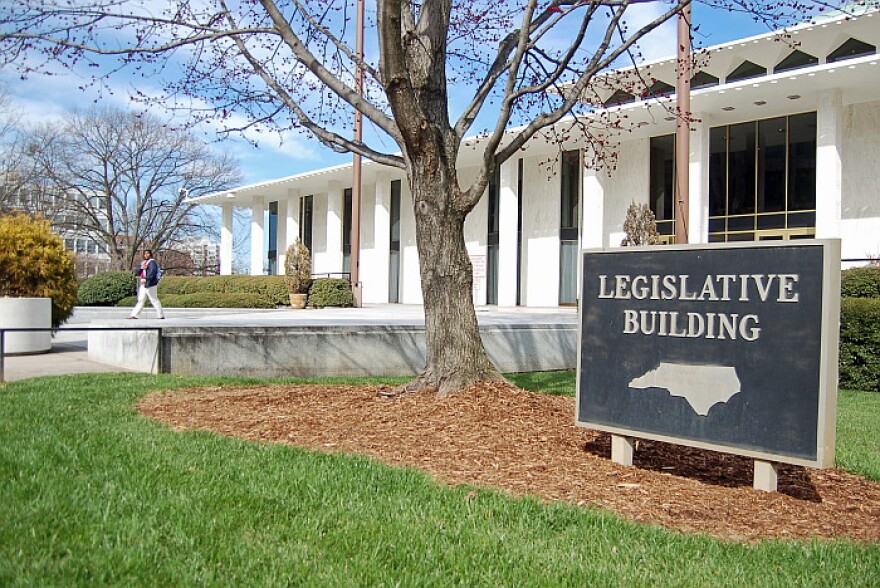North Carolina Republican lawmakers introduced a bill on Monday that would require school districts in the state to offer at least partial in-person instruction for all K-12 public school students.
Senate Bill 37, which is proposed by state Sens. Deanna Ballard, Michael Lee and Ralph Hise, would still allow parents to utilize an online-only option for their child.
"Students are suffering and parents are watching their children fall behind in their learning, worrying that they'll never catch up," said Ballard, the Watauga County Republican who co-chairs the Senate Education Committee. "This legislation balances students' needs, public health guidelines, and parental choice. In order to stymie the ramifications of learning loss, we need to give these families an option for in-class instruction."
The filing marks the beginning of a legislative process that the bill authors hope will result in approval from the state House and Senate. The bill would then head to the desk of Democratic Gov. Roy Cooper, who is currently reevaluating existing guidance that allows districts to stay fully remote. He'd be asked to sign any bill into law. Ballard's committee will consider the measure on Tuesday.
During a visit to a vaccination site on Thursday, Cooper told reporters he is still looking into data put forward by leading scientists at the Centers for Disease Control and Prevention showing little evidence that K-12 schools had meaningfully contributed to the spread of the virus.
"We're gonna come forward with some proposals here in the coming days," Cooper said.
Cooper announced in September that K-5 students could return to full-time in-person classes the following month provided they do so safely and ensure at least 6 feet (1.8 meters) of physical distancing is maintained. More protocols are required for middle and high school students to come to class, but many school districts have stuck with only offering virtual learning due to safety concerns.
If the bill passes and Cooper signs it, the plan would take effect within a couple of weeks and remain in place for the remainder of the school year.
The measure lacks specific additional money to help school districts comply with the legislation. But a COVID-19 relief package Congress approved in December would provide $1.6 billion to K-12 schools in North Carolina to help them address the coronavirus.
A separate bill filed by budget writers on Monday affirms the receipt of that grant money by the Department of Public Instruction.
Additional financial assistance is being discussed.
President Joe Biden's $1.9 trillion coronavirus relief package would give $170 billion to schools and universities in an effort to help them reopen. Meanwhile, 10 Republican senators, including North Carolina Sen. Thom Tillis, put forward a more modest $618 billion proposal on Monday that would set aside $20 billion for getting kids back into physical classrooms.
Tamika Walker Kelly, president of the North Carolina Association of Educators, said in a Monday news conference that state lawmakers should offer additional funding to help reopen schools safely.
The leading lobbying group for teachers in the state is also calling on public health officials to immediately bump teachers up on the vaccine priority list. Those who are not at least 65 years old are currently not eligible to get vaccinated.
"Educators have been classified as essential frontline workers and getting them vaccinated is one of the most critical steps in restarting in-person instruction statewide," Kelly said in front of the Legislative Building. "Twenty-three other states are vaccinating educators right now, and North Carolina should be one of them."







